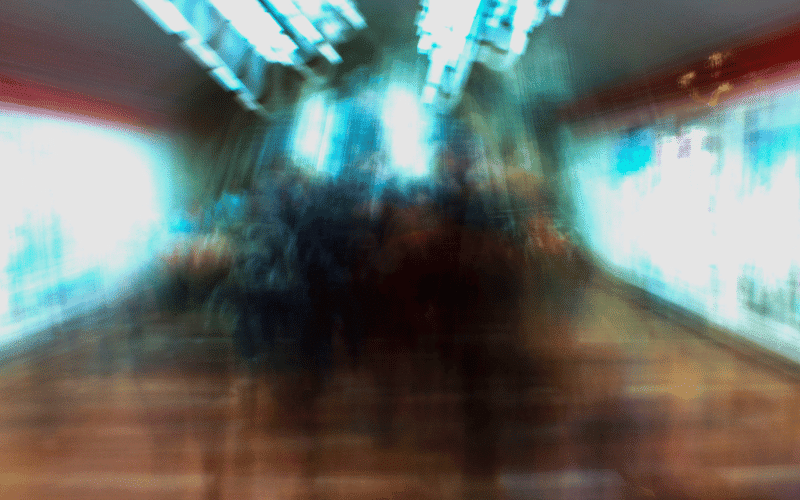Symptom 19: Hallucinations and Delusions – Psychotic Symptoms in Parkinson’s Disease

One of the lesser-known, yet profoundly disorienting symptoms of Parkinson’s disease are hallucinations and delusions. These symptoms are classified as psychotic symptoms and can create an altered sense of reality for individuals affected by this disease.
Hallucinations in Parkinson’s disease often manifest as visual experiences, where individuals perceive objects, people, or events that are not truly present. For instance, they might see bugs crawling on the wall or a person standing in the corner of the room when, in fact, there’s nothing there. Auditory hallucinations, where individuals hear non-existent sounds or voices, can also occur but are less common.
Meanwhile, delusions are firmly held false beliefs that remain despite strong contradictory evidence. For example, an individual with Parkinson’s might be convinced that their spouse is unfaithful or that strangers are plotting to harm them. These delusions can cause significant distress and can lead to conflict or misunderstanding with loved ones or caregivers.
These hallucinations and delusions can be incredibly disorienting, causing fear, anxiety, and confusion. Not only can these symptoms be distressing for the person experiencing them, but they can also be deeply unsettling for family members and caregivers who are trying to provide support. (19)